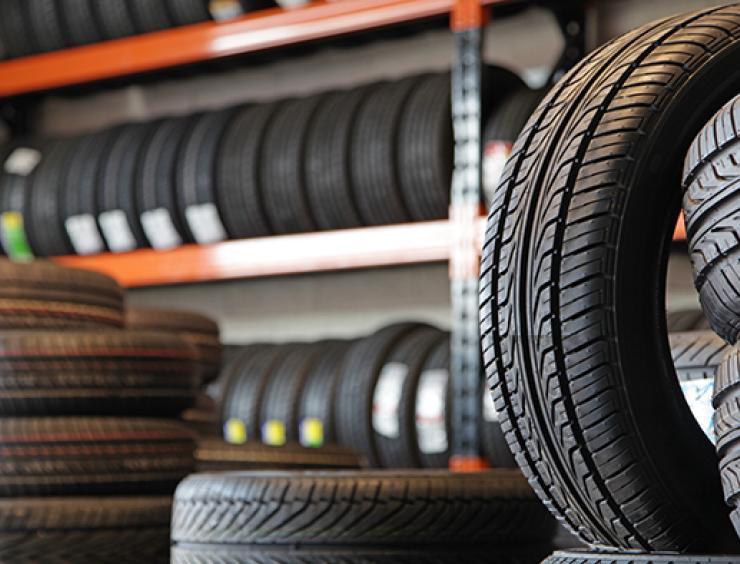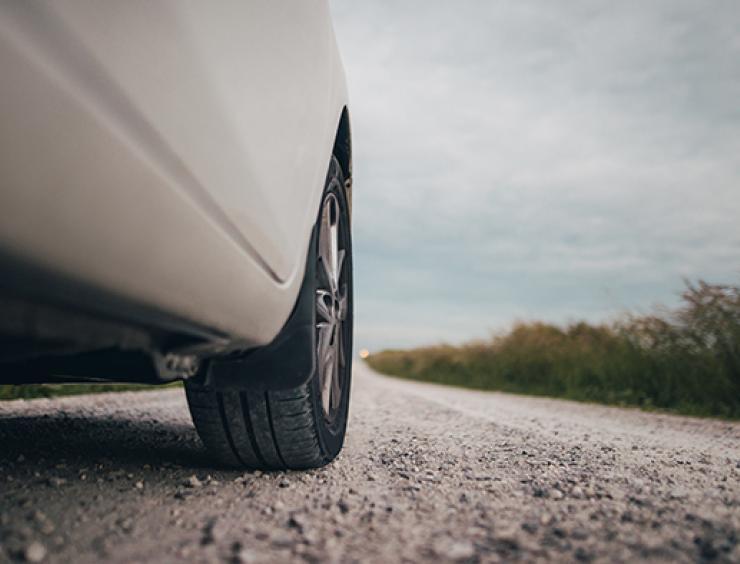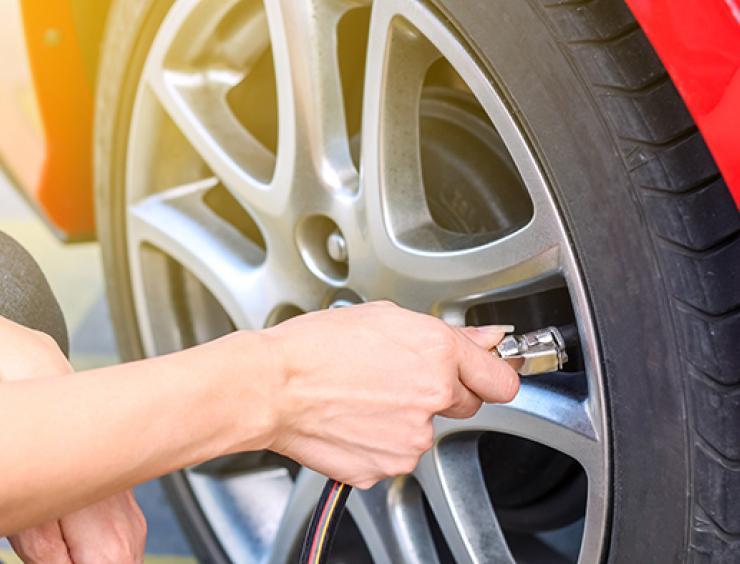WHY IS IT IMPORTANT TO CHANGE TYRES?
Tyres are extremely important, since they are the only point of contact between the vehicle and the road. The contact surface between a tyre and the road is an area about the size of a postcard. So it is important it is always in perfect condition. You can find the assessment you need at any First Stop centre from the best specialists, in order to change the tyres.
What is the function of the tyres?
To summarise, tyres have four main functions.
- To support the car: the four tyres support the weight of the vehicle.
- To absorb unevenness on the road surface: air or nitrogen in the tyres acts as a spring, and this increases comfort greatly.
- To transmit the traction force and the braking forces: you can drive and stop, thanks to the tyres.
- Steering: tyres turn when the steering wheel turns.


Why is it important to be able to rely on having good tyres?
Above all, good tyres are a guarantee for a safe, comfortable journey. A poor quality tyre will reduce vehicle performance, by increasing braking distance and the risk of skidding.
On the other hand, inadequate pressure or worn tyres increase fuel consumption, CO2 emissions, and drastically reduce safety for the vehicle's occupants.
What can I do to avoid damaging the tyres?
Check tyre pressure regularly. The correct tyre pressure is shown on various panels distributed throughout the vehicle (they are usually inside the fuel filler cover, or on the sidewall of the driver's door). It is advisable to carry out this check at least once a month, and always when tyres are cold. Tyres with low pressure mean the vehicle will be harder to control, increase braking distance and will deteriorate much faster. Tyres with excess pressure are also dangerous: they reduce adherence, braking is less stable and control of the vehicle is reduced, which can lead to potentially hazardous situations. Find out more about tyre pressure.
- Check tyre condition regularly. If there are signs of damage or splits, it is recommended to visit a First Stop specialist as soon as possible.
- If the tyre receives an impact, it is always best to go through a First Stop service, so it can be checked for internal damage.
- Check tread depth regularly. The legal minimum is 1.6 mm for normal tyres. However, it is recommended to change tyres when the depth is under 3 mm (or 4 mm for winter tyres). Find out more about changing tyres.
- If you hear some unusual noise, or if the car is vibrating, we must check the tyre balance and the wheel alignment. In any case, tyres should be checked every month.
